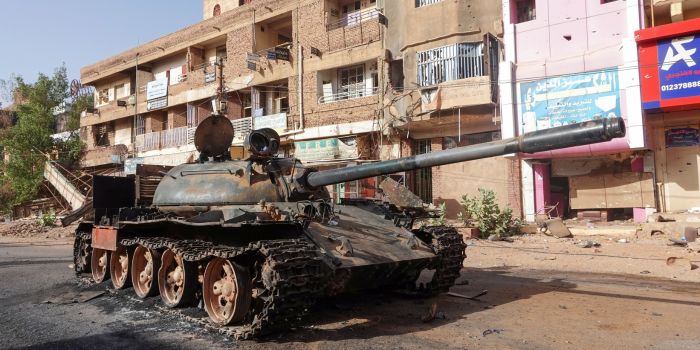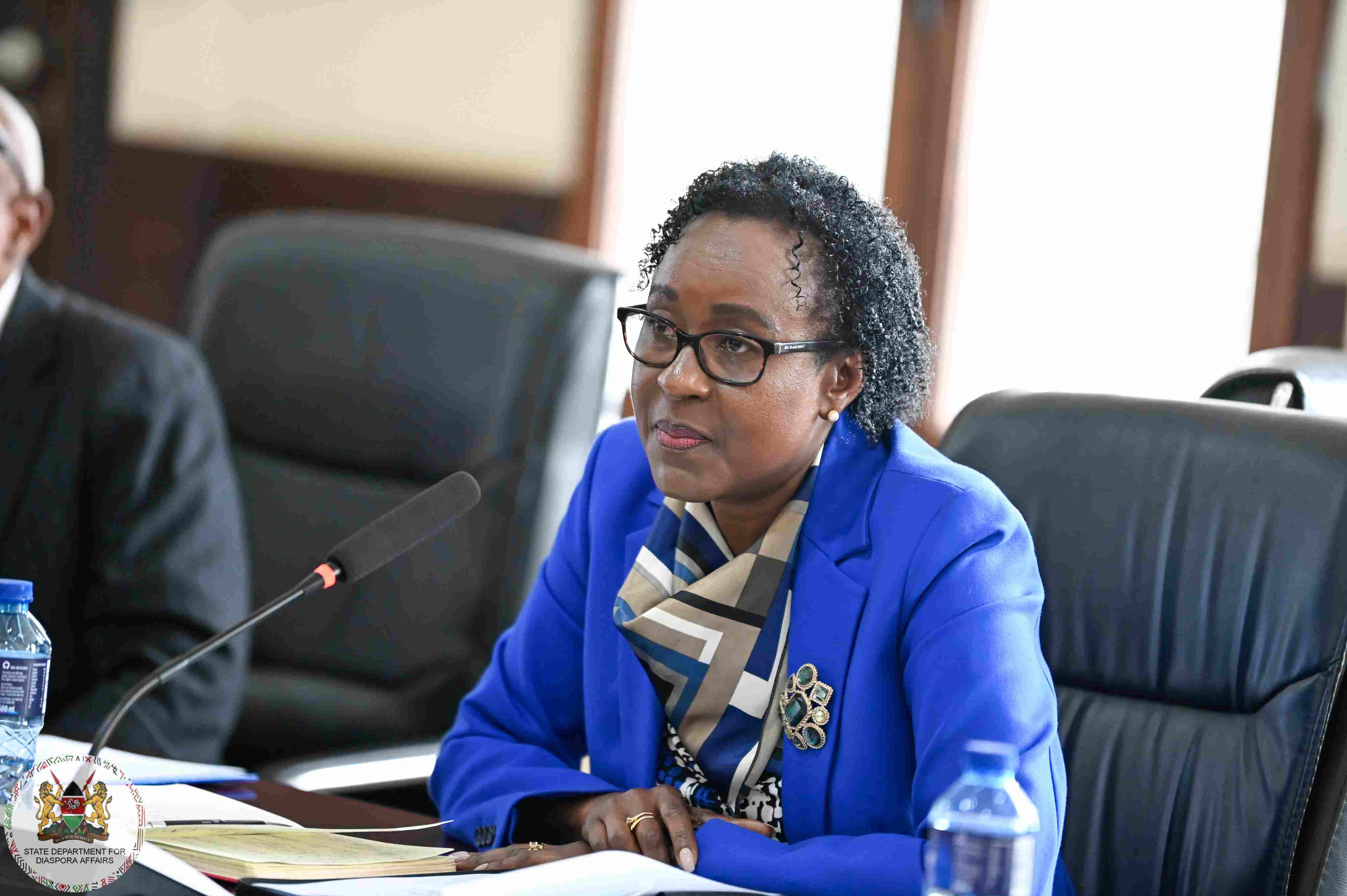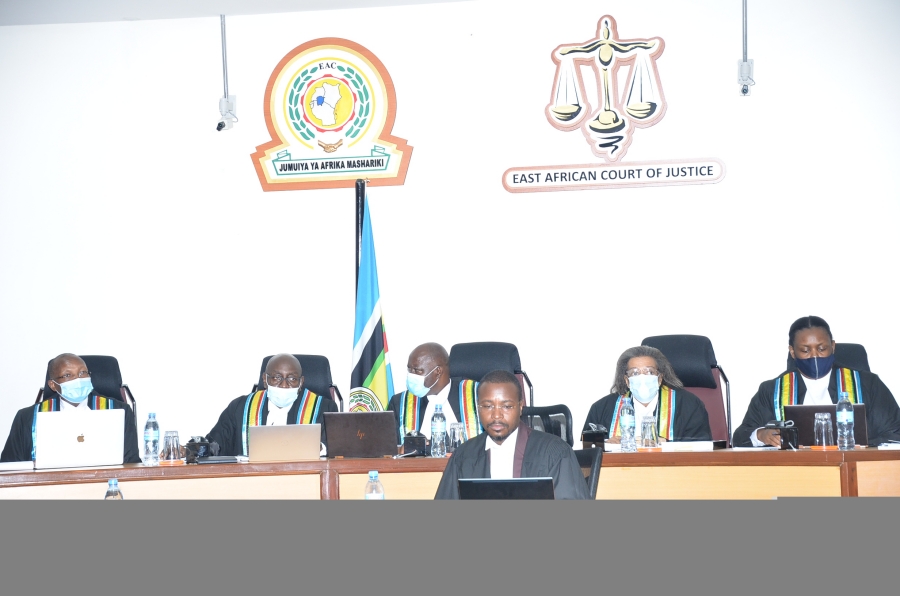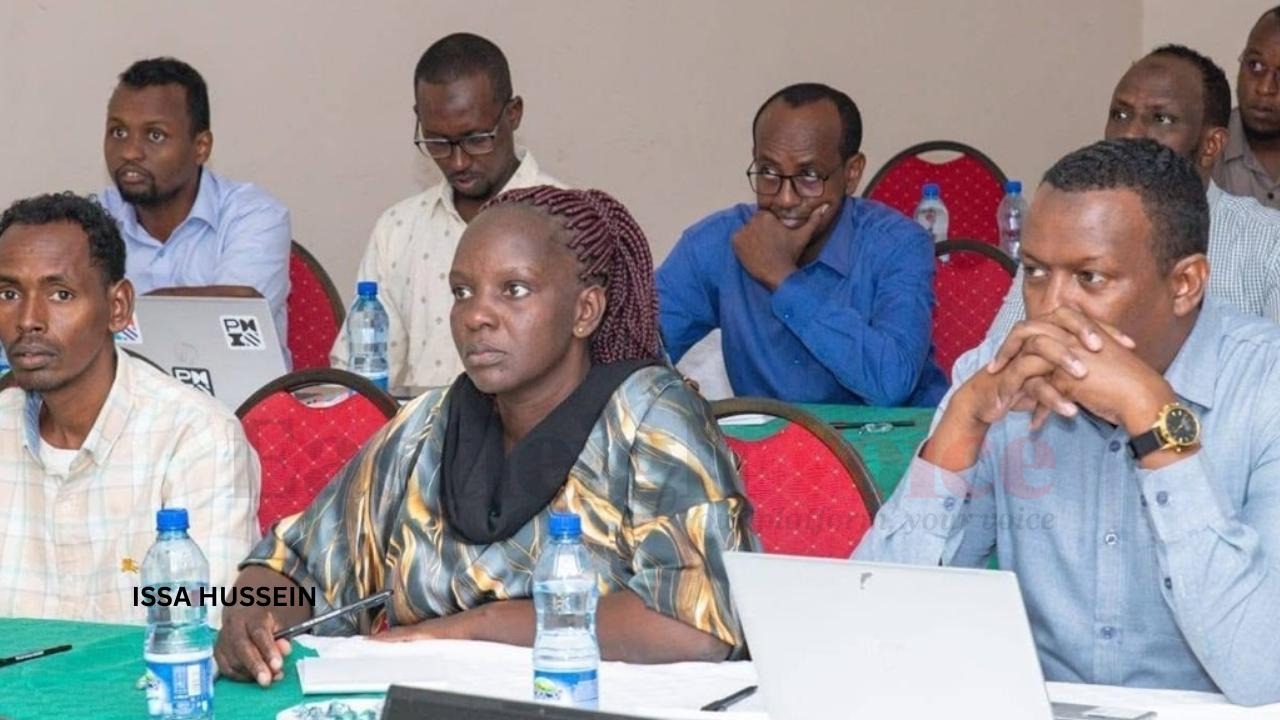Sudan war: Al Fashir residents struggle after attack forces main hospital's closure

Supported by Médecins Sans Frontières (MSF), the South Hospital was the only remaining facility in the city where injured civilians could receive treatment.
The World Health Organization (WHO) has condemned a recent attack on a hospital in Al Fashir, Sudan, which resulted in its closure, saying it highlights the war's severe impact on patients
Doctors at the South Hospital, one of the last functioning facilities in Al Fashir, were compelled to shut down after it came under attack, Médecins Sans Frontières (MSF), which supports it, reported on Sunday.
More To Read
- Sudan accuses UAE of using Puntland as arms pipeline for RSF fighters
- 89 per cent of Sudan’s farmers facing reduced yields amid civil war - report
- UN report: Turkish weapons found in Sudan and South Sudan despite arms embargo
- Sudan’s cholera outbreak surpasses 100,000 cases amid war and famine
- Sudan Government vows post-war recovery, reconciliation in first Khartoum meeting since 2023 conflict
- Sudanese cabinet holds first meeting in Khartoum since onset of civil war
MSF noted that this hospital was the only remaining facility in the city where civilians injured in the civil war between the Sudanese army and the paramilitary Rapid Support Forces (RSF) could receive treatment. The city has a population of about 1.5 million, according to the UN.
“We strongly condemn attacks on healthcare. Health workers and patients should not have to risk their lives to provide and access health services," WHO Sudan said via X on Monday, highlighting the impact on other health facilities in the area.
🚨@WHO is appalled by the recent attack on South Hospital, the only facility with surgical capacity in Al Fasher, #Darfur.
— WHO Sudan (@whosudan) June 10, 2024
The hospital's closure following the attack has stretched the 2 other hospitals there beyond capacity, further limiting access to life-saving services.🧵1/3 https://t.co/kXcHLzXZWK
United Nations Secretary-General António Guterres echoed the WHO Sudan's sentiments via X, saying, “I am deeply concerned about the immense suffering of the Sudanese people as a result of the continued hostilities. It is high time to silence the guns across Sudan and commit to a path towards sustainable peace.”
In recent days, the South Hospital has been repeatedly struck by shells, causing numerous casualties.
Reports from MSF indicate that RSF fighters stormed the facility on Saturday, entering, opening fire, looting drugs and medical equipment, stealing an ambulance, and assaulting staff.
"Opening fire inside a hospital crosses a line," MSF Head of Emergencies Michel Lacharite noted, condemning the attack as "outrageous." "The responsibility lies with warring parties to spare medical facilities."
The suspension of hospital activities is a devastating setback for Al Fashir residents.
According to the MSF, this facility was "the only one equipped to manage mass casualties and one of two hospitals with surgical capacity. It noted that more than 1,300 injured people sought treatment there in the past month alone.
Al Fashir remains the only city under army control in the Darfur region. Across Sudan, more than 15,000 people have lost their lives since the conflict began in April 2023, and nearly nine million have been displaced—making it one of the world's most significant displacement crises, humanitarian agencies have said.
In Gezira State, the RSF has been accused of numerous abuses against civilians, including last week's massacre of at least 150 people, including 35 children, in Wad al-Nourah.
In Darfur, rights groups report that the RSF is using rape as a weapon of war and targeting ethnic minority groups in campaigns of ethnic cleansing.
Despite multiple rounds of peace talks, the conflict persists, fueled by a rift between the army and RSF leadership. UN agencies warn of an impending hunger catastrophe, with millions facing dire food shortages due to the ongoing violence.
Al Fashir, located in northwestern Sudan's Darfur region, is home to over 1.8 million residents and displaced people and has become a focal point in the conflict.
According to the International Rescue Committee (IRC), the healthcare system in Sudan is facing severe challenges due to a critical shortage of staff, insufficient funding, and a lack of medical supplies.
The IRC notes that ongoing attacks, looting, and occupation of medical facilities and hospitals worsen the crisis. Over 70 per cent of healthcare facilities in conflict-affected regions are either non-functional or closed.
The displacement of civilians has further strained healthcare resources, as well as water, sanitation, and hygiene (WASH) services.
A measles outbreak has claimed the lives of over 1,000 children across Sudan and the country is grappling with a severe cholera outbreak, with suspected cases exceeding 10,700 and 292 associated deaths reported
Given high rates of malnutrition, a weakened healthcare infrastructure, and low levels of immunisation, these disease outbreaks will continue to have devastating consequences, particularly for vulnerable children.
Top Stories Today












































